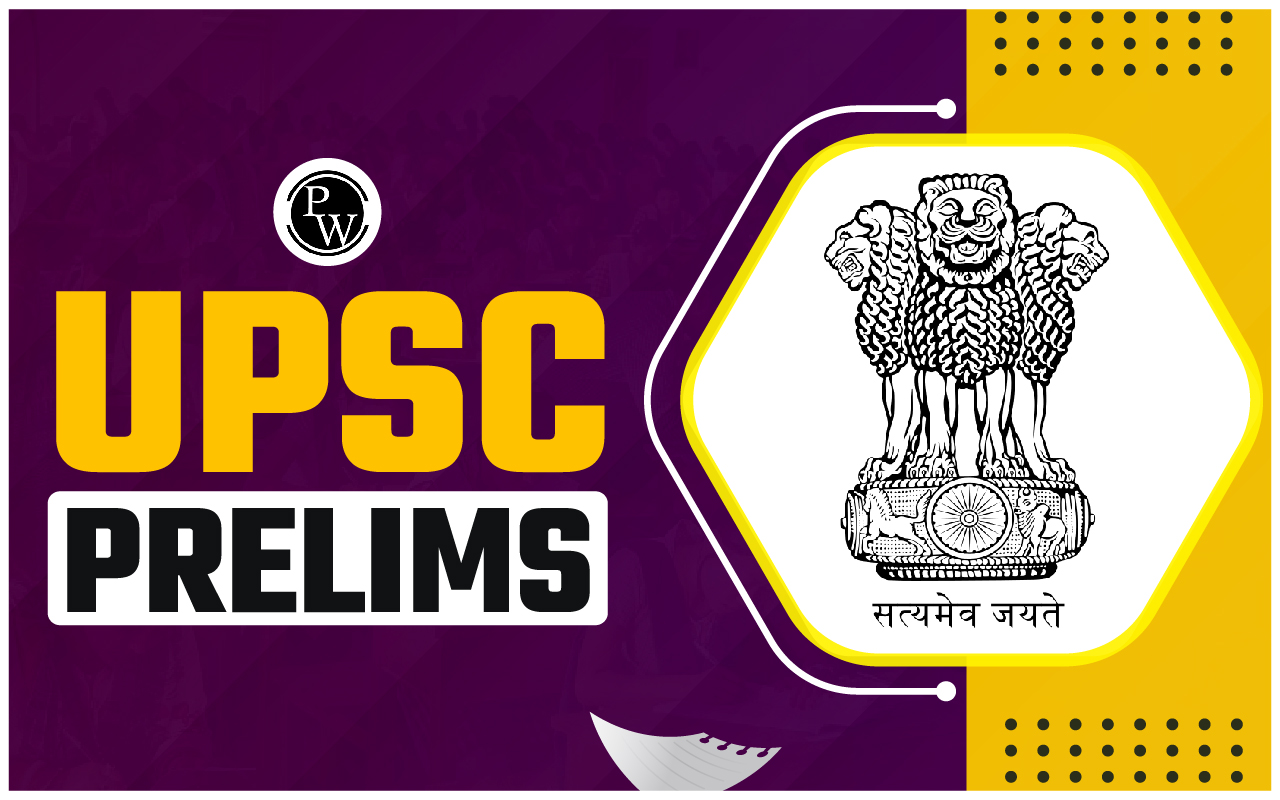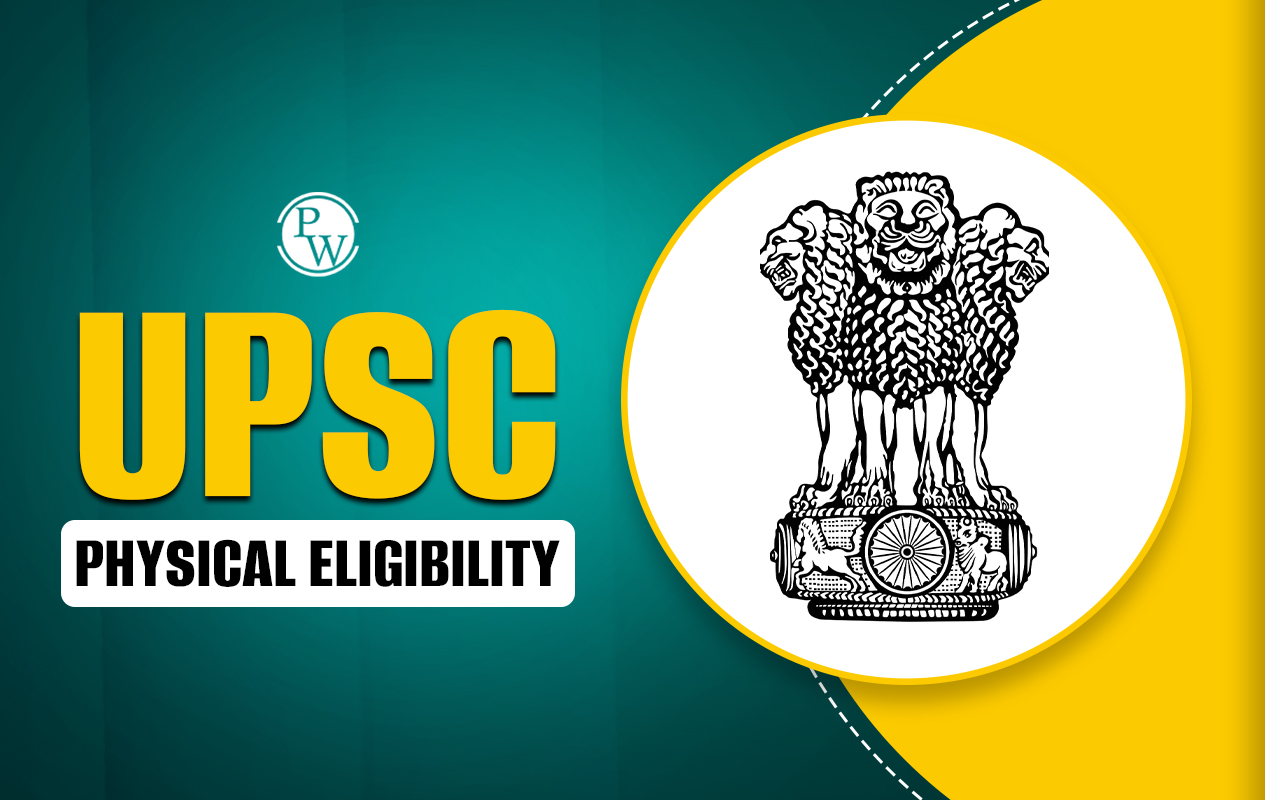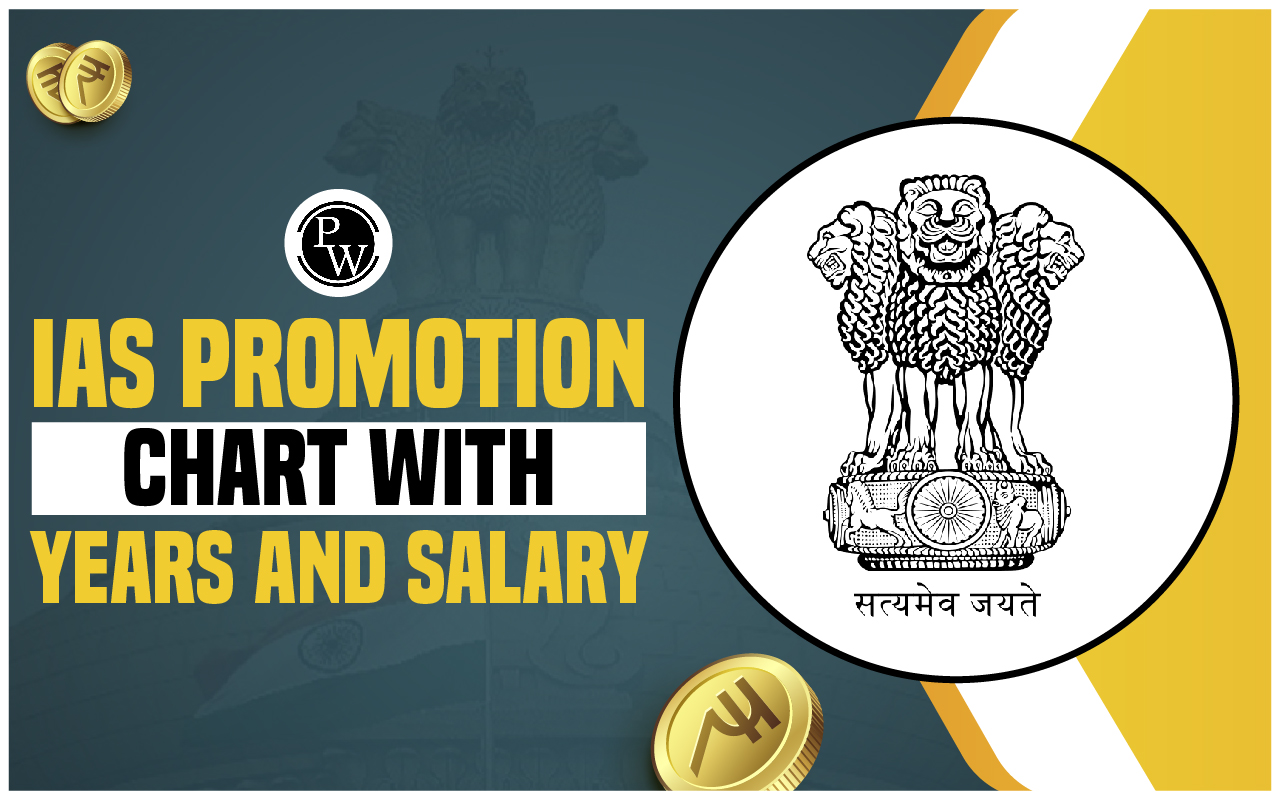
The Disaster Management (Amendment) Bill 2024 was recently passed by both houses of Parliament. This bill amends existing laws in line with the recommendations of the 15th Finance Commission. It was introduced under the Concurrent List (Entry 23), following a report by a task force in 2013.
The Disaster Management (Amendment) Bill 2024 seeks to strengthen the National and State Disaster Management Authorities (NDMA and SDMAs). Keep reading to learn about the Disaster Management (Amendment) Bill 2024 and the changes it brings.Disaster Management (Amendment) Bill Passed
The Disaster Management (Amendment) Bill, 2024, was passed by Parliament, aiming to enhance disaster response by shifting from a reactive to a proactive and participatory approach. Union Home Minister Amit Shah highlighted the Bill's focus on local-level planning, the use of AI for real-time monitoring, and the involvement of citizens, state governments, and institutions. The Bill strengthens disaster management frameworks like NDMA, SDMA, and DDMA, ensuring better coordination, accountability, and effective disaster risk reduction in line with global best practices.
What is the Disaster Management Bill?
The Disaster Management Bill lays the foundation for India's disaster management policy and structure. It established the National Disaster Management Authority (NDMA) and State Disaster Management Authorities (SDMAs). These bodies are responsible for planning, coordinating, and implementing disaster management strategies at various levels. The bill focuses on preparedness, response, recovery, and mitigation of disasters. It emphasizes the need for a structured approach to handle emergencies. The Disaster Management (Amendment) Bill 2024 seeks to strengthen the framework by decentralizing responsibilities, enabling authorities to act directly in disaster management.Disaster Management Act 2005
The Disaster Management Act 2005 was an important legislation that established a structured framework for disaster management in India. Key features of the 2005 Act include:- National Disaster Management Authority (NDMA): Responsible for disaster planning and coordination at the national level.
- State and District Authorities: The State Disaster Management Authority (SDMA) and District Disaster Management Authority (DDMA) manage disaster preparedness and response at the state and district levels.
- National Executive Committee (NEC): Assists the NDMA in implementing disaster management policies.
- Disaster Response Force: Provision for creating a specialised force to respond to disaster situations.
Key Changes in Disaster Management (Amendment) Bill 2024
The Disaster Management (Amendment) Bill 2024 introduces several key changes to the existing framework. Here are some of the most significant updates:Empowering NDMA and SDMA
Previously, these authorities were responsible for reviewing disaster management plans prepared by various government departments. The amendment shifts this responsibility to the NDMA and SDMA, allowing them to prepare disaster management plans directly. This change aims to streamline the planning process and ensure that the plans are comprehensive and effective.New Functions for NDMA and SDMA
The amendment adds several new functions for the NDMA and SDMA. These include:- Periodic Assessment of Disaster Risks: The authorities will now take stock of disaster risks, including those arising from extreme climate events. This proactive approach will help in better preparedness.
- Technical Assistance: NDMA and SDMA will provide technical assistance to lower authorities, ensuring that all levels of government are equipped to handle disasters effectively.
- Minimum Standards of Relief: The amendment mandates the authorities to recommend guidelines for minimum standards of relief during disasters. This ensures that affected communities receive adequate support.
- National and State Disaster Databases: The bill requires the creation of databases containing information on disaster risks, fund allocation, and preparedness plans. This data will be crucial for informed decision-making.
Urban Disaster Management Authorities
The amendment also introduces provisions for the establishment of Urban Disaster Management Authorities . These authorities will be set up in state capitals and cities with municipal corporations. They will prepare and implement disaster management plans specific to urban areas. This is particularly important as urban areas face unique challenges like Urban floods.State Disaster Response Force (SDRF)
The bill empowers state governments to constitute a State Disaster Response Force (SDRF). This force will be responsible for specialist responses to disaster situations at the state level. The state government will define the functions and terms of service for the SDRF, ensuring that they cater to local needs.Statutory Status to Existing Committees
The National Crisis Management Committee (NCMC) and High-Level Committee (HLC) are provided the statutory status by the Disaster Management (Amendment) Bill 2024. The NCMC will manage disasters with national implications, while the HLC will oversee financial assistance and fund allocation.Appointments to NDMA
Previously, the central government was responsible for appointing officers and consultants to the NDMA. The amendment allows the NDMA to specify t he number and category of officers it needs, with prior approval from the central government. This change gives the NDMA more autonomy in staffing, enabling it to respond more effectively to disasters.Check UPSC Mains PYQs on Disaster Management
Importance of the Disaster Management (Amendment) Bill 2024
The amendments address crucial gaps in the existing legislation and align India's disaster management framework with global best practices. Disaster Management (Amendment) Bill 2024 will benefit by:- Improved Resilience: Better planning and data-driven strategies to mitigate disasters effectively.
- Localised Management: Empowerment of urban and state authorities to tackle region-specific challenges.
- Comprehensive Database: Enhanced information on disaster risks aids in efficient fund allocation and preparedness.
- Proactive Approach: Shifts focus from reactive to proactive disaster management, emphasizing risk reduction and early preparedness.
- Use of Technology: Introduces AI-based real-time monitoring and social media alerts for quicker, more efficient response.
- Climate Change Adaptation: The introduction of periodic disaster risk assessments allows for better anticipation of future disasters, especially those arising from climate change.
| UPSC Related Articles | ||
| Female Freedom Fighters of India | Mission Karmayogi | One Nation One Election Bill |
| Parliament Sessions | Cooperative Federalism | Anti-Defection Law |
Disaster Management (Amendment) Bill 2024 FAQs
What is the Disaster Management Amendment Bill 2024?
What is the National Disaster Amendment Bill?
What is the purpose of the Disaster Management (Amendment) Bill 2024?
What is the national disaster plan?
Who prepares disaster management plans under this new bill?










